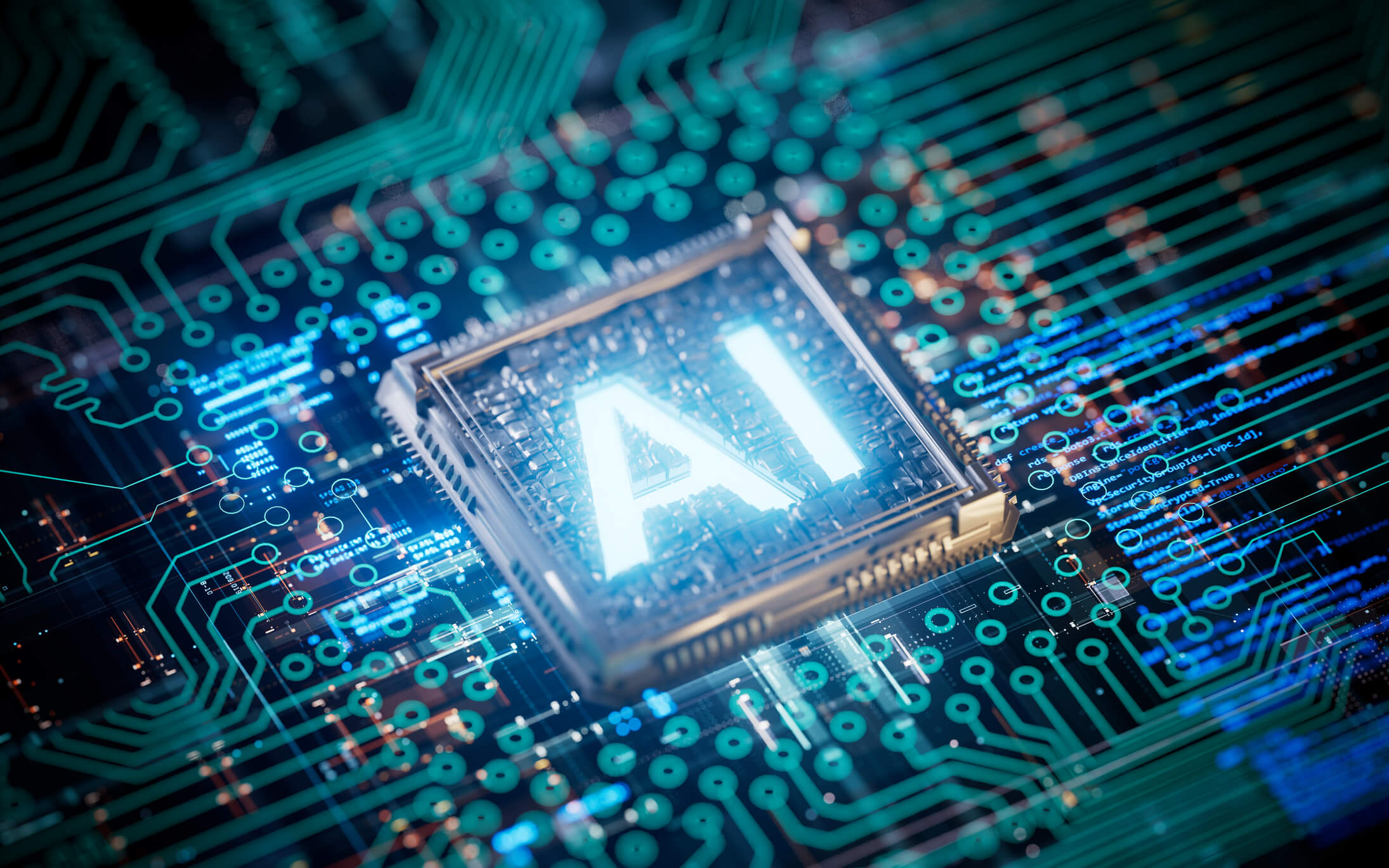Kingsbridge Recruitment Insurance shortlisted for two Insurance Times Claims Awards
We're delighted to announce that Kingsbridge Recruitment Insurance...
Taking a look at current trends and developments in the recruitment industry in 2025, we delve into how AI is…

Taking a look at current trends and developments in the recruitment industry in 2025, we delve into how AI is changing the way recruiters work, and how this might impact on insurance.
Artificial intelligence (AI) is rapidly transforming the recruitment sector, driven by the need for increased efficiency and streamlined operations. This technological shift is not merely a fleeting trend but a fundamental change in how recruitment processes are conducted. AI's integration into recruitment is wide-ranging, impacting upon various stages of the hiring process.
One of the primary applications of AI in recruitment is in the pre-screening of candidates. AI algorithms can analyse CVs and applications, identifying candidates who possess the skills and qualifications that are most relevant to the job description. This significantly reduces the time recruiters spend sifting through large volumes of applications, allowing them to focus on more promising candidates.
AI is also being used to craft job descriptions, ensuring that they are clear, concise, and attractive to potential applicants. By analysing successful job postings, AI can help recruiters to identify the key phrases and terms that resonate with job seekers.
AI also plays a crucial role in improving candidate matching. AI-powered platforms can analyse both candidate profiles and job requirements to identify the best matches, increasing the likelihood of successful placements. This technology can also enhance the job search experience for candidates, providing them with more relevant job recommendations.
Major recruitment firms and job platforms are actively integrating AI into their services. For instance, Adecco Group is developing AI-powered career platforms, while LinkedIn and Indeed are using AI to enhance their job matching capabilities.
The increasing importance of AI in recruitment is also reflected in the development of AI tools that aid candidates in creating CVs and cover letters. While this can be beneficial for job seekers, it also presents challenges for recruiters, who must ensure that their due diligence is thorough when selecting candidates. The industry is thus striving to balance the efficiency gains offered by AI with the need for human oversight to ensure fair and accurate candidate selection.
However, the growing reliance on AI in recruitment also raises important considerations.
There are concerns about potential biases in AI algorithms, which could lead to discriminatory hiring practices. Data protection is another key concern, as AI systems handle large amounts of sensitive personal data.
Additionally, there are fears that the increased use of AI could diminish the human element in hiring decisions, potentially overlooking candidates who may not fit the algorithmic profile but possess valuable skills and qualities.
In response to these challenges, regulatory bodies and industry groups are working to develop best practice guidelines for the use of AI in recruitment.
The Department of Science, Innovation and Technology has published a guide on 'Responsible AI in Recruitment', and an All-Party Parliamentary Group is developing guidance on AI usage in hiring. These efforts aim to ensure that AI is used ethically and responsibly in the recruitment sector.
So, does any of this have an impact on insurance?
Increased reliance on AI may help provide greater efficiency and speed in the recruitment process, but it also poses challenges. Job candidates will always want to ensure fairness and transparency in the processes used in selection criteria; on the other hand, employers will rely on the professional advice offered by recruitment agencies, and won't want to see this as outsourced to AI.
Employers will expect agencies to cut the wheat from the chaff by identifying applicants who use AI to promote their services but who may not be able to back up their assertions in the 'real world.' Making sure your processes are robust, well-documented, and objectively as fair as possible should make potential claims for professional indemnity less likely.
Additionally, with AI becoming more mainstream, the increased risk of data breaches will also mean that cyber liability insurance will become ever-more important. Evolving threats may involve liabilities arising from algorithmic bias, and AI system failures which may lead to business interruption for recruitment agencies, for example. Recruiters will need to be wise to these threats, and others, to ensure they manage the risks involved and have appropriate insurance in place to mitigate them.
Professional indemnity insurance is included as part of a recruitment insurance policy with Kingsbridge Recruitment Insurance, alongside cyber liability insurance. We can offer advice on these covers and what is included (and what isn't).
We will continue to keep up-to-date with the latest developments to ensure that insurance policies for this sector are designed with AI in mind.